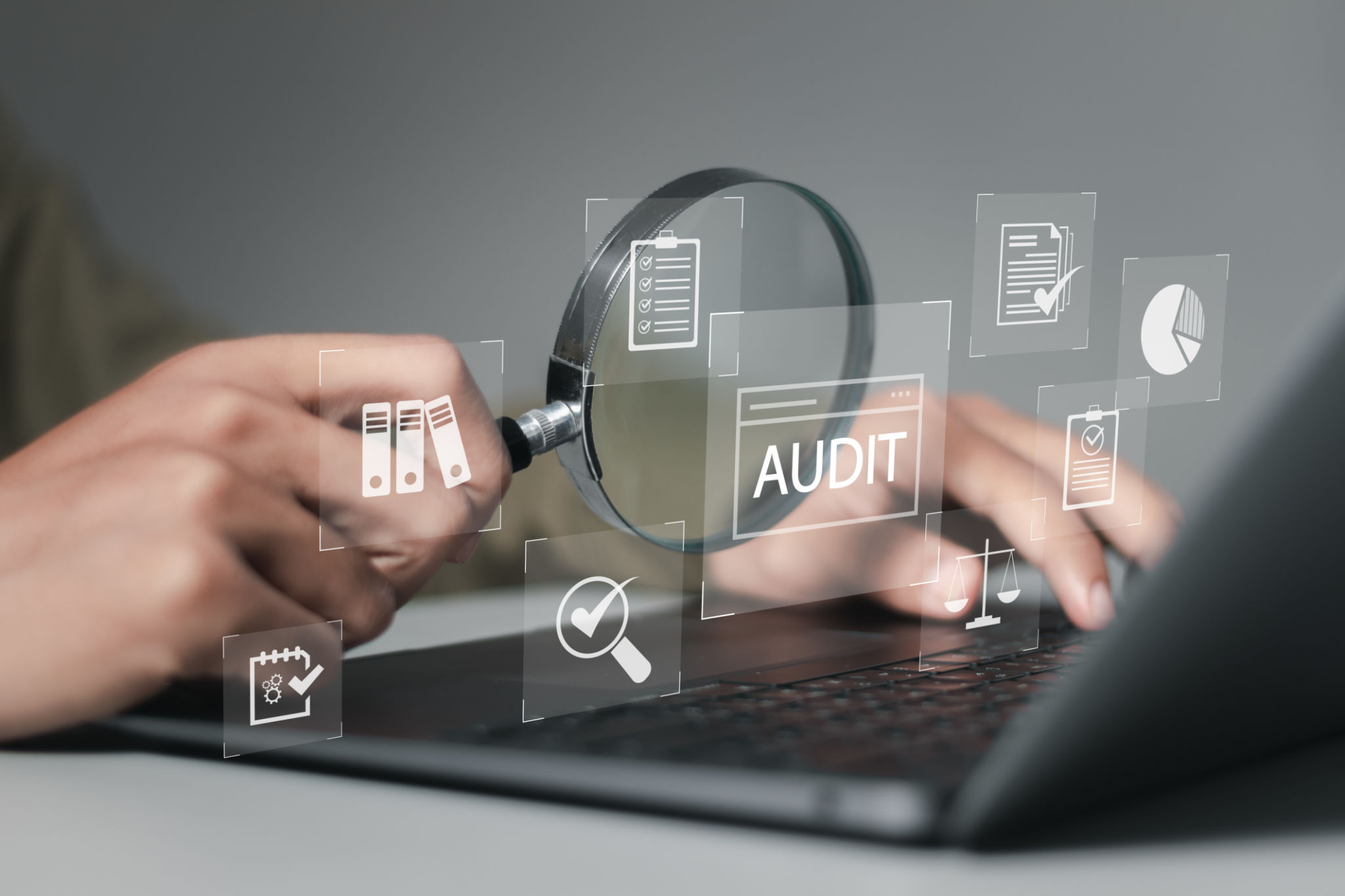Expert Tips for Maintaining Compliance Amid Changing Regulations
MN
Understanding Regulatory Changes
Navigating the ever-evolving landscape of regulations can be a daunting task for businesses. With new rules and amendments frequently introduced, maintaining compliance requires vigilance and a proactive approach. Understanding the nature of these changes is the first step in ensuring that your business remains compliant.
Regulatory bodies often update guidelines to address emerging challenges and technologies. Staying informed about these changes is crucial. Regularly reviewing updates from relevant authorities and subscribing to industry newsletters can keep you in the loop.

Implementing a Compliance Management System
One effective way to stay compliant is by implementing a compliance management system. This system helps in organizing, monitoring, and managing regulatory requirements efficiently. A well-structured system not only simplifies compliance processes but also minimizes the risk of non-compliance.
Consider adopting software solutions designed specifically for compliance management. These tools can automate many compliance tasks, provide real-time updates on regulatory changes, and ensure documentation is up-to-date. Such automation can significantly reduce the burden on your team, allowing them to focus on core business activities.
Training and Educating Employees
Employee training is a critical component of maintaining compliance. Ensure that all team members are aware of the regulatory requirements relevant to their roles. Regular training sessions can help employees understand their responsibilities and the importance of compliance in the company's success.

Developing a culture of compliance within the organization is also essential. Encourage open communication where employees feel comfortable raising concerns or questions about compliance issues. This proactive approach can help prevent potential violations before they occur.
Conducting Regular Audits
Regular audits are vital in identifying areas where your company may be falling short of compliance standards. These audits should be comprehensive and cover all aspects of your business operations. They help in pinpointing weaknesses in your current processes and provide insights for improvement.
Consider engaging external experts to conduct these audits periodically. An outsider’s perspective can offer valuable insights and ensure that your evaluations are unbiased and thorough.

Staying Ahead with Professional Consultation
Consulting with legal and compliance experts can provide your business with tailored advice on maintaining compliance. These professionals are well-versed in industry-specific regulations and can offer guidance on best practices.
Building a relationship with a trusted consultant ensures you have access to immediate support whenever new regulations arise or when you're facing complex compliance challenges.
Leveraging Industry Networks
Joining industry groups or networks can be beneficial for staying updated on regulatory changes. These networks often provide platforms for sharing knowledge, experiences, and strategies for dealing with compliance issues.

Engaging with peers can offer new perspectives and innovative solutions that you might not have considered. Staying connected with industry leaders helps in anticipating regulatory trends and preparing for potential changes.
Emphasizing Documentation
Proper documentation is crucial in demonstrating compliance during audits or inspections. It serves as evidence that your business is adhering to regulatory standards. Ensure that all compliance-related activities are documented meticulously.
Effective record-keeping practices include maintaining up-to-date files, organizing documents systematically, and ensuring easy retrieval when necessary. This diligence can save time and resources during audits or when responding to regulatory inquiries.
Conclusion: The Path Forward
Maintaining compliance amid changing regulations is an ongoing process that demands attention and resources. By understanding regulatory changes, implementing robust systems, and engaging with experts, businesses can navigate this complex landscape successfully.
Ultimately, a proactive approach to compliance not only protects your business from legal ramifications but also enhances your reputation and credibility in the industry. Stay informed, stay prepared, and embrace change as an opportunity for growth.